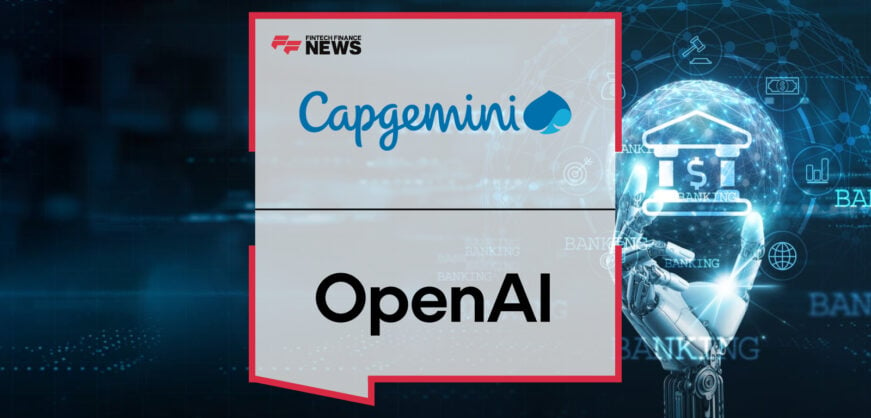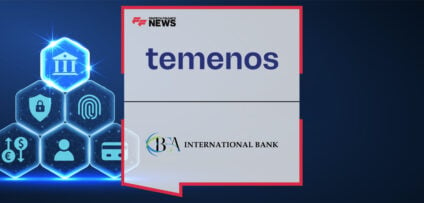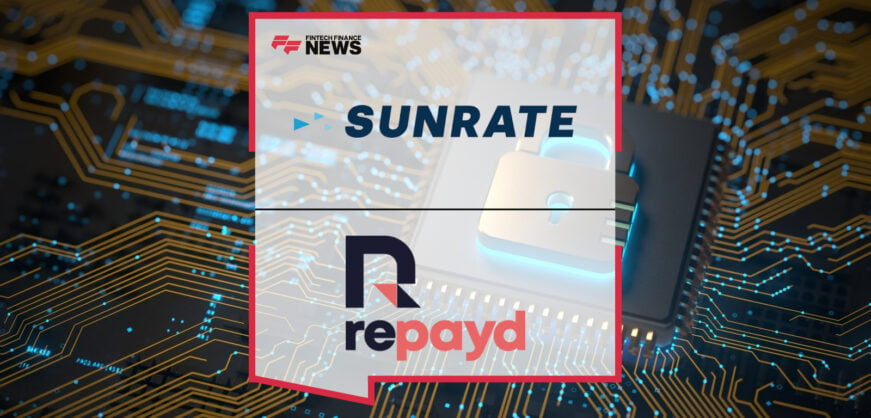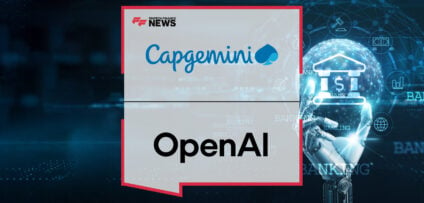Breaking News

Open Banking Technology Has the Potential to Reduce up to 80% of Companies’ Accounting Operations
Smart Fintech, the first third-party provider authorized by the National Bank of Romania for Open Banking payments, launches an analysis of the Open Banking evolution and adoption rate in Romania. According to the companies interviewed, this technology can reduce up to 80% of companies’ accounting operations. However, it is still in its early stages in the Romanian market, facing several challenges regarding bank openness, legislation, and the need for more financial and digital education among users. Nevertheless, in the last year, the number of Smart Fintech partners increased by 142%, and the average transaction value increased from 200 to 500.000 lei.
“The adoption of Open Banking services has been slow at the European Union level, but in the last two years, these services have begun to gain traction and interest, including the banks that started to offer AIS and PIS services. We now have two providers licensed by the National Bank of Romania and a few banks that have developed such services. Still, we hope to see an evolution in the Open Banking services adoption shortly. Recently, the European Commission launched a third Directive on payment services, aiming to promote providers that offer online banking services and to continue efforts in this regard”, states Raluca Micu, Head of Payments Oversight at the National Bank of Romania.
The technological revolution of recent years has generated new opportunities and business models. With the global health crisis, companies have been compelled to integrate technological solutions into their operations. In 2021, over 50% of European companies invested in digitalization solutions, according to a European Investment Bank (EIB) report. In Romania, companies’ openness to process optimization is on the rise. In 2022, the proportion of Romanian companies that integrated technological solutions exceeded the European average, reaching 73%, according to the same EIB study. However, the share of enterprises engaging in information exchange and SMEs with a basic level of digital intensity, at 17% and 22%, respectively, is the lowest among European Union countries, according to the Digital Economy and Society Index (DESI), which hinders the country’s economy from fully benefiting from the opportunities offered by digital solutions.
The low level of digital and financial education is still a challenge in Romania
The low level of digitalization in Romania is attributed to the lack of digital education, poor development of public services hindering SMEs from adopting digital management of specific processes, and the absence of a legislative framework that encourages digital transition. Out of the eight companies participating in Smart Fintech qualitative study conducted through in-depth interviews, all with a sound digital component, such as Goldring, GoMag, IBM, Medeva, Omnicredit, Smart Bill, Total Soft, and Wizrom, five highlighted the lack of user education as a significant challenge.
Companies operating in the software industry observe a need for more education among small and medium-sized enterprises (SMEs) when adopting digital solutions. This is supported further by data published by the European Investment Bank, which indicates that only 50% of micro-companies and small businesses in Romania have adopted digital solutions, compared to nearly 90% of larger companies.
”At the moment, an online banking user at a company spends an average of 3 minutes getting a single account statement from a bank’s app daily. We have not considered the time allocated for other frequent interrogations required to check the account balances and decide which accounts can pay the suppliers and other third parties. Just interacting with the bank to acquire a single bank statement leads to a waste of over 12 hours per year, more than a day and a half of the total lack of productivity by engaging in repetitive activity. An average of 5 bank accounts used at the company level adds up to a week and a half per year. Thus, larger companies that collect payments in over ten bank accounts get to a total annual loss of approximately one month per person”, states Alice Anghelea, Revenue Growth Smart Fintech.
Open Banking, an emerging solution with vast potential for innovation in the financial sector
Open Banking services have been introduced to address market challenges and complement companies’ digital systems. It allows third-party financial service providers to access and control customers’ financial data, regulated at the European Union level through the PSD2 directive. This technology streamlines companies’ internal processes by enabling account-to-account payment initiations, reducing final costs and the risk of fraud. Other applications of Open Banking solutions include the ability to query accounts and provide centralized, real-time access to customers’ banking data. This enables companies to track customers’ payment behavior or calculate performance scores.
Open Banking uses APIs to share financial data with third parties. Account interrogation services developed by Smart Fintech are based on the IBM technology in the Cloud Pak for Integration suite. The API Connect® platform goes beyond merely creating APIs and provides additional features for bolstering security, facilitating analytics, and ensuring governance.
“Advancements in technology, like APIs and cloud computing, have played a crucial role in developing Open Finance and Embedded Finance. These innovations make it easier for financial institutions and non-financial companies to collaborate and securely share data. The development of Open Finance and Embedded Finance will likely continue expanding as more financial institutions, fintech companies, and non-financial businesses recognize the benefits of collaboration and integration. This growth will result in a wider array of financial products and services available to consumers through various platforms and channels. However, it is crucial to address challenges related to data privacy, security, and regulatory compliance to ensure the trust and protection of customers”, states Alexander Madzhirov, IBM Integration Portfolio Sales Leader in Northern and Central & Eastern Europe.
Open Banking creates a conducive space for innovation in the Romanian financial sector, facilitating collaboration among traditional banking institutions, fintech companies, and third-party providers, offering various financial services tailored to their needs. However, market education and promotion efforts from all involved parties and stakeholders are crucial to increase the adoption rate.
People In This Post
- SUNRATE and Repayd Join Hands to Power Global Payments for the Travel Industry Read more
- InsurTech NY Announces Insurance Carrier CEO Keynote Panel Read more
- Insurtech Insights Europe 2026 Announces Speaker Line-Up as 6,500+ Industry Leaders Gather in London Read more
- Santander and Mastercard Complete Europe’s First Live End-to-End Payment Executed by an AI Agent Read more
- Santander UK Announces Intention to Appoint Nicola Bannister as New TSB CEO Read more






















